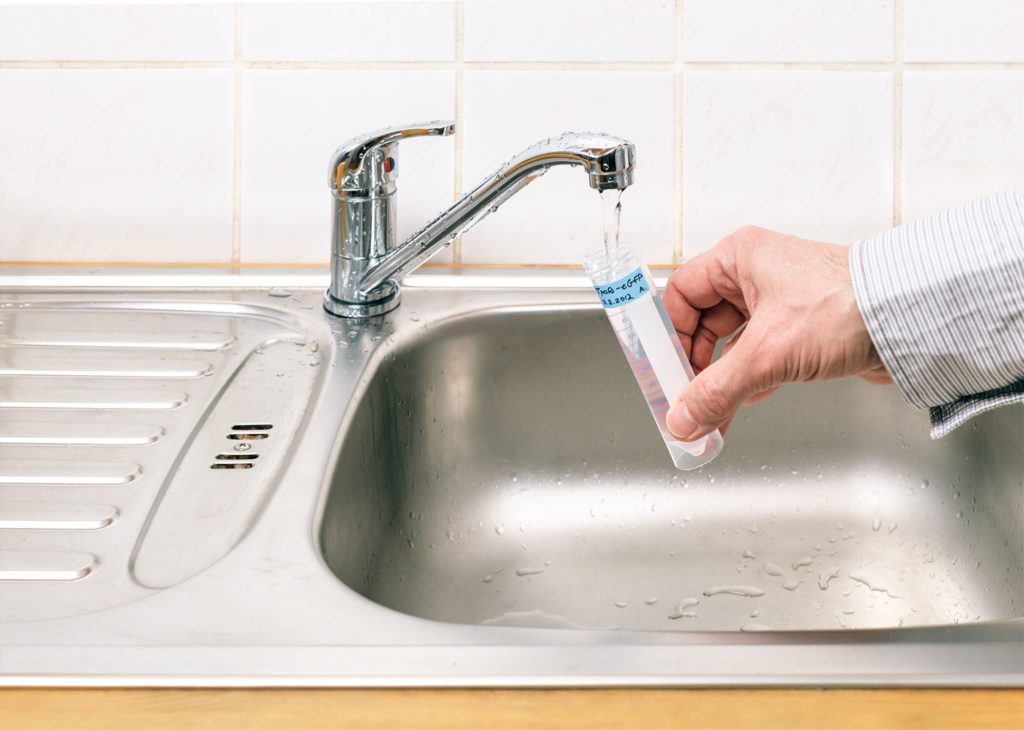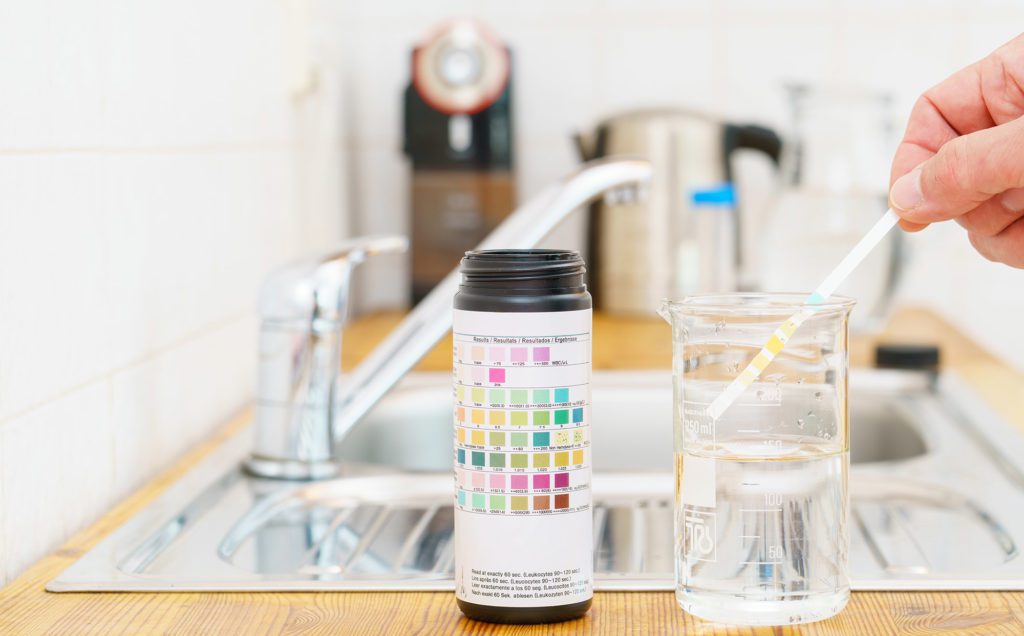Water Testing
What is Water Testing?
Water testing is a crucial process for industrial facilities, ensuring that water quality meets health, safety, and compliance standards. Regular testing helps identify contaminants, assess chemical composition, and prevent issues such as bacterial growth, corrosion, and scale buildup in water systems.
Why is Water Testing Important?
Unmonitored water quality can lead to serious operational, health, and regulatory risks. Contaminated or poorly treated water can affect industrial processes, pose health hazards, and result in legal non-compliance.
Risks of Poor Water Quality:
- Bacterial Contamination: Harmful microorganisms such as Legionella, E. coli, and Pseudomonas can thrive in untreated water systems.
- Chemical Imbalance: Incorrect pH levels, high chlorine content, or excessive metal concentrations can damage equipment and pose health risks.
- Scale and Corrosion: Unchecked mineral deposits and corrosion can reduce system efficiency and increase maintenance costs.
- Regulatory Non-Compliance: Many industries must adhere to strict water quality standards, with fines and operational shutdowns possible for non-compliance.
How to Maintain Water Quality in Industrial Settings
Routine water testing and monitoring are essential for maintaining water safety and system efficiency.
Essential Water Testing and Maintenance Strategies:
- Microbiological Testing: Regular sampling for bacteria, including Legionella, to prevent contamination.
- Chemical Analysis: Monitoring pH, chlorine levels, hardness, and metal content to maintain balance and prevent damage.
- Temperature Monitoring: Ensuring water temperatures remain within safe limits to prevent bacterial growth.
- Corrosion and Scale Testing: Identifying early signs of scaling or corrosion that can lead to equipment failure.
- Regulatory Compliance Testing: Conducting tests to ensure adherence to legal and industry-specific water quality regulations.
- Regular System Inspections: Checking for leaks, biofilm buildup, and stagnant water areas that could promote contamination.


Our Water Testing Services
We offer comprehensive water testing solutions to help businesses maintain high water quality standards and compliance:
- Legionella & Microbiological Testing: Regular sampling and analysis to detect harmful bacteria.
- Chemical & PH Analysis: Assessing water composition to prevent scaling, corrosion, and imbalance.
- Heavy Metal & Contaminant Testing: Identifying hazardous substances such as lead, copper, and other pollutants.
- Cooling & Boiler Water Testing: Ensuring water treatment efficiency in industrial heating and cooling systems.
- Potable Water Testing: Verifying safe drinking water quality for employees and facility use.
- Regulatory Compliance Support: Helping businesses meet industry water safety and hygiene requirements.
- Emergency Testing & Response: Rapid testing and action plans for suspected contamination incidents.
Scheme of Control for Water Testing
To ensure safe and compliant water management, a structured scheme of control should include:
- An Up-to-Date Water System Plan: A detailed layout showing all water sources and distribution points.
- Description of Safe Operation: Guidelines for maintaining and treating water safely.
- Necessary Precautions: Measures to prevent contamination and ensure ongoing quality control.
- Testing Procedures & Frequency: Defined testing schedules for microbiological, chemical, and physical parameters.
- Responsible Personnel: Designated individuals accountable for conducting and overseeing water testing.
- Remedial Actions: Defined steps to be taken in case of test failures, contamination, or regulatory breaches.
By implementing these control measures and leveraging our expert water testing services, industrial facilities can ensure safe, compliant, and high-quality water systems.
GET IN TOUCH

